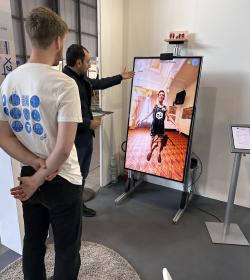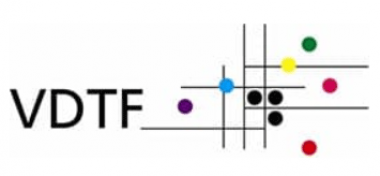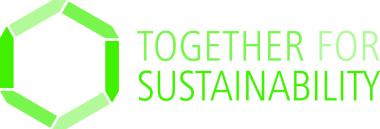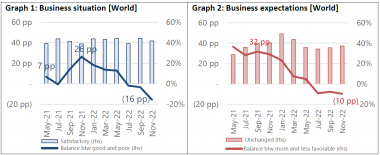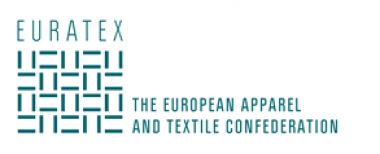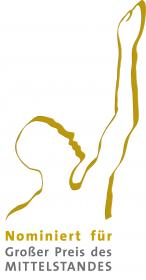Textile & Fashion Forum Helsinki 2023
The Textile & Fashion Forum Helsinki 2023, organized by Finnish Textile & Fashion and EURATEX, highlights the discourse on sustainable practices within the textile and fashion industry. This two-day event, scheduled for 26-27 October at the Little Finlandia event center in Helsinki, will include a day of curated company visits.
Finland’s leading textile and fashion forum will showcase the industry's pioneering companies and their pursuit of a sustainable and resilient future. With insightful discussions, inspiring speakers, and thrilling business cases, the event drives transformation and sets new benchmarks for the textile and fashion sector.
The Textile & Fashion Forum Helsinki 2023 will focus on critical industry themes. The transformation of the textile and fashion industry relies on three key pillars: the creation of different circular business models matching growth with sustainability, a green and digital transition where information technology is necessary to deliver sustainability, and scaling the business, as how start-ups can make a leap and big companies can evolve their growth strategies. These three themes will be discussed in depth during the event.
The speaker lineup, drawn from Finland, Europe and beyond, demonstrates the expertise connecting on this platform. Noteworthy figures include Tiina Alahuhta-Kasko, President & CEO of Marimekko; Kai Mykkänen, Minister of Climate and the Environment of Finland; Marcus Hartmann, Head of Public Affairs & Sustainability at H&M; Liljana K. Forssten, Range Strategist at IKEA; and Virginijus Sinkevičius, European Commissioner (on video).
Euratex & Finnish Textile & Fashion






